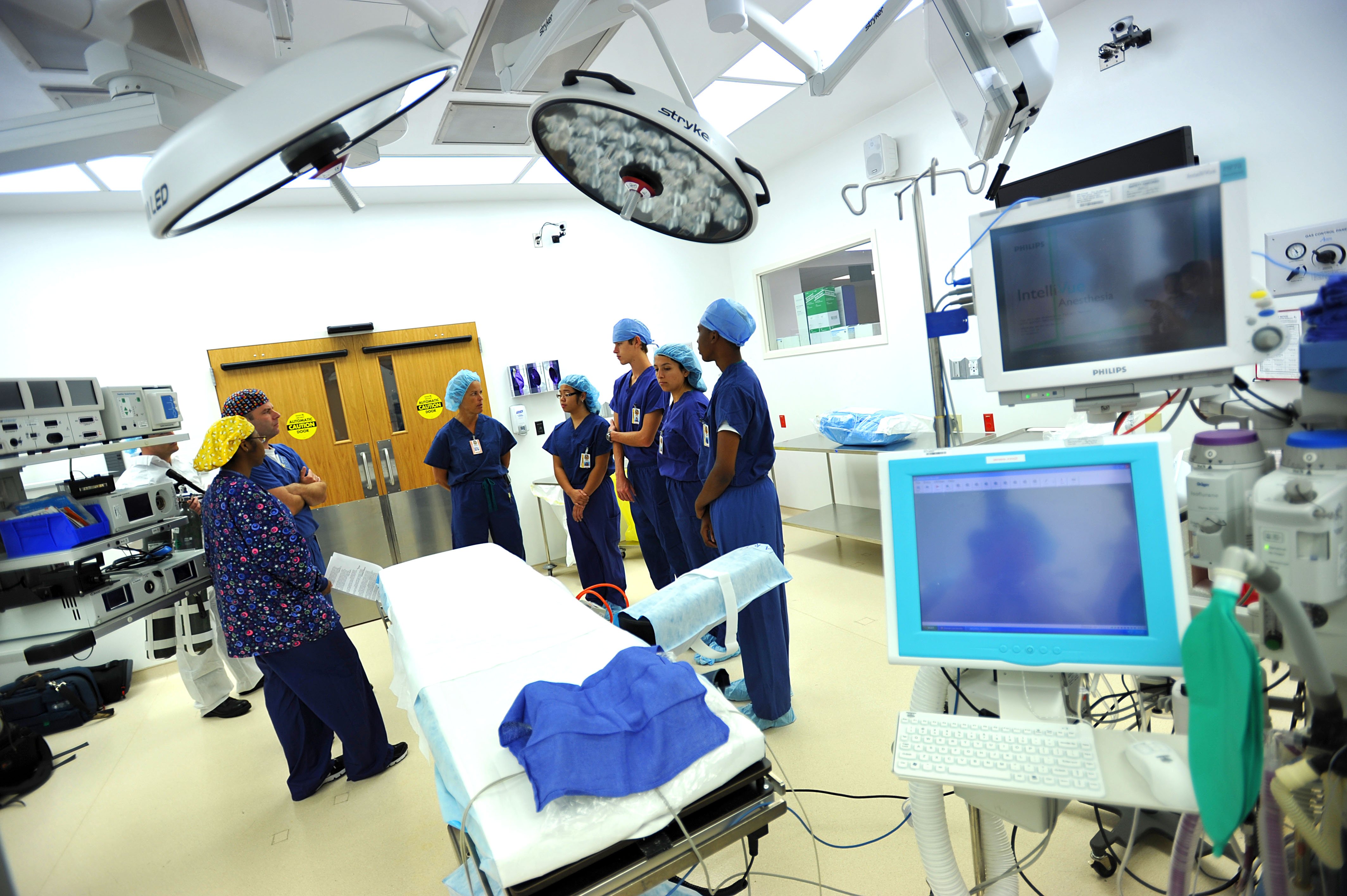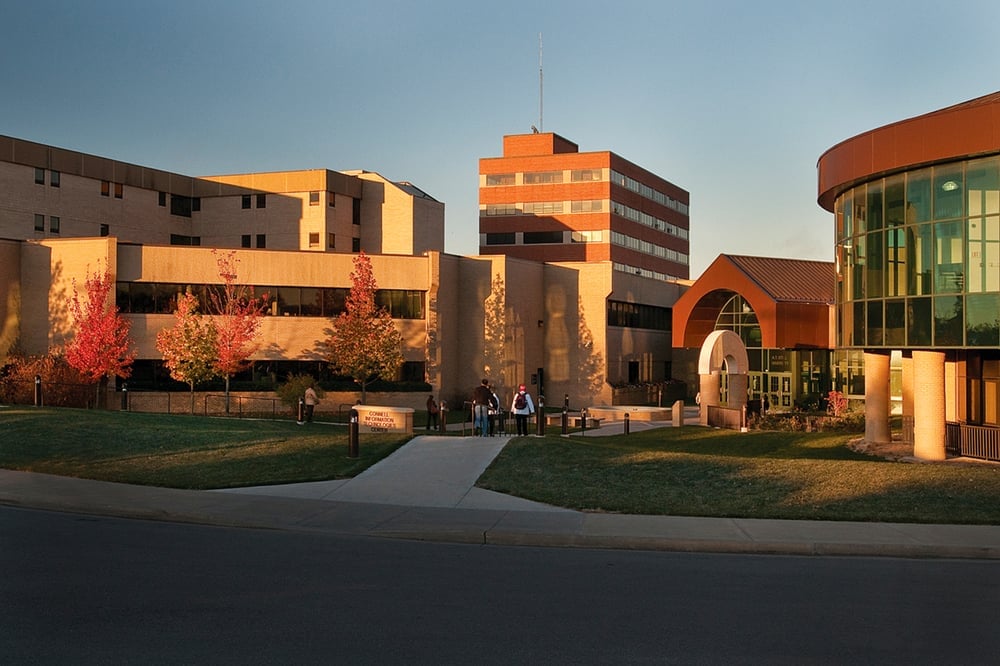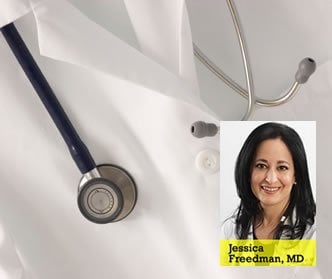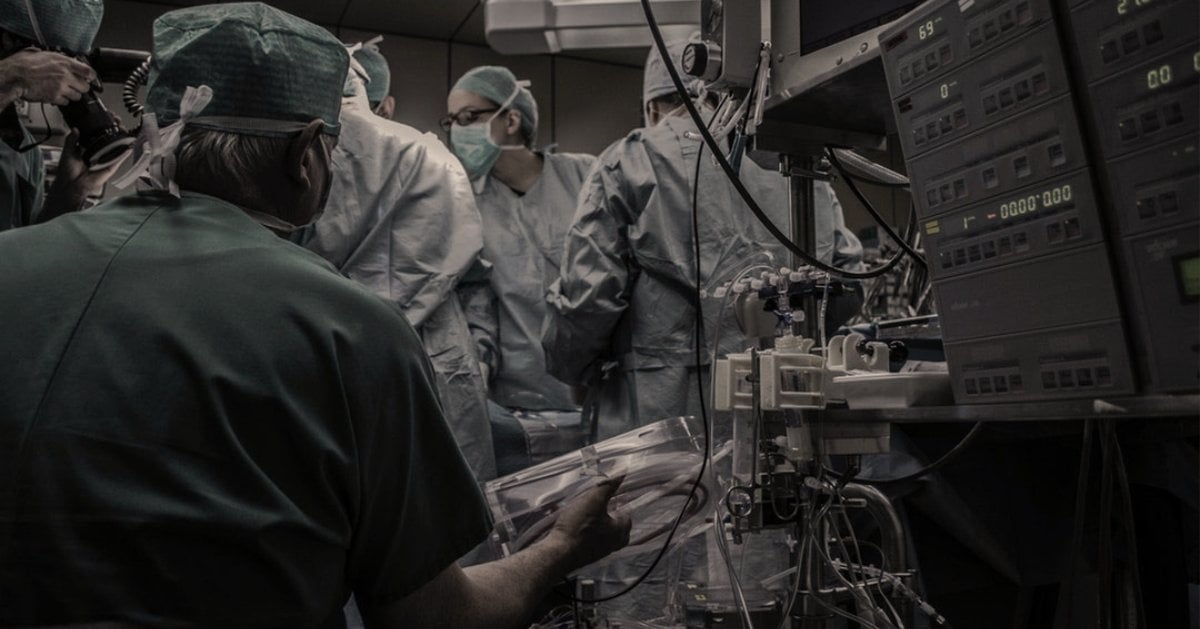“I base most of my fashion sense on what doesn’t itch.” Gilda Radner
Let’s face it, we live in a much less formal era than those preceding. The anomaly of casual Friday has become the norm in American culture. Many people work from home, conquering the world through a computer while wearing a comfy pair of sweatpants. This new trend can lead one astray when it comes to the medical school interview. The increase in informality is compounded by the fact that many of those being interviewed may never have had the opportunity to wear a suit for a formal event.
Often times, an applicant is left with an awful feeling shortly before an interview when they realize they may not be in compliance with the “dress code.” It can be distressing when you discover there are rules to the game but no one gave you a copy. Not to worry.
Common Mistakes When Repaying Student Loan Debt
With the cost of higher education increasing, student loan debt for health professionals has more … Read more
The Successful Match: Getting Into Emergency Medicine
There are 4,479 total residents training in approximately 150 ACGME-accredited emergency medicine residency training programs. Of these, 85.1% are graduates of U.S. allopathic medical schools, 9.0% are osteopathic graduates, and 5.7% are international medical graduates.1 Osteopathic students may also enter an AOA-approved emergency medicine residency program. In recent years, there have been over 40 such programs.2 Based on recent match statistics, emergency medicine can be considered to be a moderately competitive specialty.
We recently discussed the emergency medicine residency selection process with Dr. Jamie Collings, the Executive Director of Innovative Education and an associate professor in the Department of Emergency Medicine at the Feinberg School of Medicine at Northwestern University. For many years, she served as the program director of the emergency medicine residency program at Northwestern. Over the past fifteen years, she has been heavily involved in advising students interested in pursuing a career in emergency medicine. Dr. Collings earned her medical degree at the Oregon Health & Science University, and then completed her residency at the University of Chicago.
Interview Advice: Grades?! Part 2
Originally published 26 February 2007.
“A wise man can see more from the bottom of a well than a fool can from a mountain top.” Unknown
So you’re not happy with your grades. Are they at the bottom of a well? Do you feel that the GPA and MCAT scores on your application don’t reflect the true brain power you possess? This firmly plants you in the majority of applicants. So what can be done to help this common situation? Here are some tips to help you be the “wise man” and make the most of your grades.
Overview of Problem Areas
During the course of the medical school interview, it is important to proactively bring up weak areas of your application. I liken this to telling your parents you’ve done something wrong before they find out about it. Although I rarely practiced this philosophy as I was growing up, the times I did usually resulted in less trouble. I think the same is true for admissions committees. Students who can assess their own weaknesses gain credibility. Those who come to the committee with an honest assessment and plan (not excuses) to address weaknesses look much stronger than those who ignore or try to hide their shortcomings.
Interview Advice: Grades?! Part 1
Originally published 11 January 2007
“Doubt is not a pleasant condition…” Voltaire (1694 – 1778)
If you are concerned about your grades (GPA, MCAT, etc.), you are not alone. As an advisor and interviewer, it’s one of the most common issues I encounter. Nobody thinks they have perfect scores. It’s the equivalent of looking in the mirror and being a little displeased with that sag or roll. We all wish something was different. Applicants view their grades the same way. The good news is that changing your scores doesn’t involve a nip or tuck.
The topic of grades is a big one. There are several key concepts that need to be addressed and are paramount to your success. It’s too large and important to adequately cover in one column. That is why the next two articles will be dedicated to this subject.
20 Questions: Timur Durrani [Preventive Medicine/Medical Toxicology]

Timur Durrani, MD, MPH, MBA, is currently a medical toxicology fellow at UCSF. Dr. Durrani, who specializes in preventive medicine, attended University of California Irvine, where he received a Master of Business Administration with a focus on Health Care administration in June 2008. Prior to that, he received a Medical Doctorate from University of Arizona College of Medicine in 2004, and a Master of Public Health with a focus on Community Oriented Public Health from the University of Arizona, College of Public Health in 2004. Dr. Durrani served a family medicine residency at the University of California Los Angeles from July 2004 – June 2007, followed by a preventive medicine residency at the California Department of Public Health, Los Angeles County Public Health Department, from July 2007 – 2008. He also speaks Spanish.
Pirating Test Prep Material Doesn’t Pay
In the 21st century, piracy is more common in cyberspace than on the high seas. What are the risks and consequences of using or selling counterfeit test prep materials? An SDN Report.
The Successful Match: Getting into Obstetrics and Gynecology
There are 4,815 total residents training in nearly 250 ACGME-accredited obstetrics and gynecology training programs.1 Of these, 71.8% are graduates of U.S. allopathic medical schools, 19.9% are international medical graduates, and 8.1% are osteopathic graduates. In recent years, over 1,100 categorical positions have been available in the Match.
We recently discussed the obstetrics and gynecology residency selection process with Dr. Eugene Toy, the Vice Chair of Academic Affairs and residency program director in the Department of Obstetrics and Gynecology at The Methodist Hospital in Houston, TX. Dr. Toy is widely known as the creator, series editor, and primary author of McGraw-Hill’s popular Case Files Series.
A Better Method for Medical Education?
Do students like this new model of medical education being delivered at A.T. Still University … Read more
Dual-Degree Medical Programs
Are you considering pursuit of a joint degree? Learn more about joint degree options for medical students and factors to consider before diving into a dual degree program.
Premedical Preparation
By Dr. Lisabetta Divita
While the profession has changed over the past few decades, being a physician is a challenging and esteemed calling. As such, medical school admissions are quite competitive. Medical school applicants are required to complete the AAMC or AACOMAS applications, take the MCAT and fly out for interviews. Even with all of these requirements, sadly, many excellent candidates are rejected each year. This can be a blow to your ego but if you are determined to reach your dreams, your premedical preparation cannot begin too early—some important decisions are made in high school.
Personal Statement Myths
You have read every thread on SDN about personal statements, but you still aren’t sure what you should or should not do. A ton of conflicting information is “out there” and whether you are applying to medical school, pharmacy school or anything in between, you need to be aware of some common myths about what you “must” do.
I hear about most of these myths from medical school applicants: “But my advisor said I should NEVER write about that!” “But, my fourth cousin once removed who is in medical school at a top 10 school said I shouldn’t do that.” Like everything else in the medical admissions process, personal statements have few absolutes or formulas so always take such definitive advice with a grain of salt. So, what are some of the myths I hear most often?
7 Top Tips to Get Stellar Letters of Recommendation
No matter what type of health professional school you are targeting, you will need to obtain letters of reference. Dr. Lisabetta Divita provides tips on getting the best letters possible.
Switching Specialties
Unhappy with your residency? Learn more about what it takes to switch specialties.
Avoiding Burnout
How can you avoid getting burned out during your educational career? Student Andrew Nguyen provides tips and suggestions from his fellow students.
Top Tips for Surviving Medical School
How can you achieve success in medical school? Dr. Lisabetta Divita, a recent graduate, provides her tips and recommendations.
Medical School 101: What Medical School Is Really Like
Your focus is getting into medical school, but what will you experience once you get there? Dr. Lisabetta Divita, a recent medical school graduate, describes life as a medical student.
Acing Your Residency Interview
Most residency applicants have not found themselves in the interviewee seat since they applied to medical school. Well, the residency interview is somewhat different from the medical school interview. Because you have now nearly graduated from medical school (for the traditional applicant), no one is trying to assess your commitment to medicine; rather, they are specifically evaluating your commitment to the specialty to which you are applying. They also are evaluating your ability to perform well as a resident and if you will be a good fit for their program. This article will provide some tips to help you succeed, whether you are applying to residency this interview season or in the future.
How to Work with Pre-Health Advisors and Committees
Have you ever noticed that many schools note that they want a letter of recommendation from a “pre-health advisor or committee if available to the student”? In this article, I’d like to give you the basics of what a pre-health advisor is from my perspective and why they can be your ally in the application process.
The Successful Match: How to Succeed in your Residency Interview
For most residency applicants, the arrival of November marks the beginning of the interview season. This often brings back memories of the medical school admission interview, with the ubiquitous “Why do you want to be a doctor?” question.
Four years later, you find yourself in a similar situation – this time, hoping to land a position in the specialty and residency program of your choice. “Why do you want to be a doctor?” is now replaced with “Why do you want to go into [this specialty]?” and “Why are you interested in our residency program?” While the questions will differ to some extent, you may be experiencing the same gamut of emotions – uncertainty, nervousness, and perhaps even fear.










